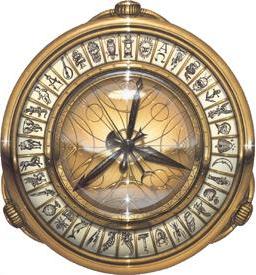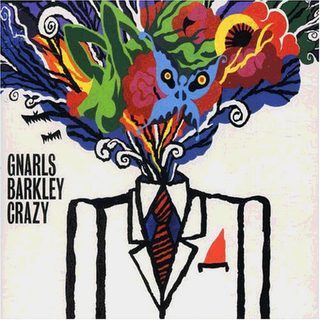So there's an opinion piece in the Spec today about Iranian President Mahmoud Ahmadinejad's potential talk at Columbia. For those of you who weren't aware, The Dean of SIPA invited him to come speak this past Friday, but he wasn't able to, supposedly because of security reasons.
I think it goes without saying that everyone was up in arms over the whole thing. We had the "Ahmadinejad's an evil dictator and letting him near our campus is wrong" camp facing off against the "free speech is vital, even if the guy's an evil dictator" camp. It should be obvious which side I support, but if it isn't, I'll just say it straight up: There really isn't a single good reason why we shouldn't have had Ahmadinejad speak here.
The thing is, talk is just talk. It's not like Ahmadinejad wanted to parade his army down college walk, rounding up the Jews and summarily executing them. He's just talking, so what are we so afraid of? It seems as if the students opposed to him speaking are terrified that his rhetoric will turn them into anti-semitic supporters of nuclear terrorism. Or perhaps it's the condescending version and they're afraid that the his rhetoric will turn their stupid classmates into said anti-semitic terrorists. Either way, it's an embarassingly pessimistic view to take towards students who supposedly number among the smartest in the country.
But today's opinion piece is slightly different. Here, the author argues that we already know where Ahmadinejad stands and don't need to hear his speech. This is correct, to an extent. We do know where Ahmadinejad stands and that many of his beliefs are so contrary to our own that it seems as if there is no way he can justify them. Still, I think to simply call him evil and dismiss his views is fruitless. Evil is an easy word to label someone with and ignores the fact that the things people believe all stem from somewhere. It's not a question of understanding Ahmadinejad's beliefs, but understanding why he has those beliefs. Once we understand where his hatred comes from, we may be able to address it in a productive way. We tell Ahminadejad that he must change his ways, but there's no reason for him to listen to us if we don't listen to him too.
Pdf Download audi a4 parts manual iPad Pro PDF
4 years ago



 I can't say I loved the ending, though. Considering the whole series is about trying to understand this mystical substance called Dust, it was a little annoying to finish the book without a true grasp of what exactly it is. I still don't understand exactly why Dust leaving the world is so bad, except for the strange alien race that relies on the Dust to survive. I'm still trying to grok the books, and I don't want to give away too much for people who haven't read it yet, so I think I'll stop talking about it now.
I can't say I loved the ending, though. Considering the whole series is about trying to understand this mystical substance called Dust, it was a little annoying to finish the book without a true grasp of what exactly it is. I still don't understand exactly why Dust leaving the world is so bad, except for the strange alien race that relies on the Dust to survive. I'm still trying to grok the books, and I don't want to give away too much for people who haven't read it yet, so I think I'll stop talking about it now.